Inheritance tax in Cyprus: What you need to know
Discover everything you need to know about inheritance tax in Cyprus, including whether it exists in the country and other related taxes.
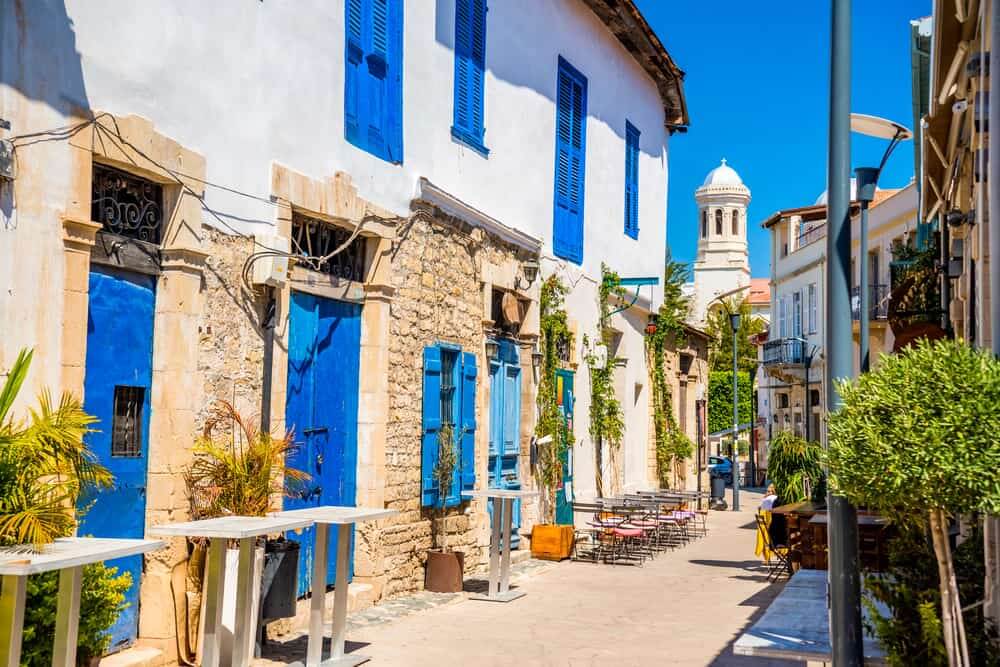
The allure of Cyprus’ mediterranean climate and golden beaches makes it an attractive second home for Brits - whether you’re looking for a place to spend long summer breaks, or retire to Cyprus.
Buying property in Cyprus does require careful planning to make sure it goes smoothly, and any potential pitfalls are avoided. Our complete guide to buying property in Cyprus is here to help. It covers everything you need to know about the property market, mortgages and fees, as well as the buying process itself.
We’ll even look at some of the most attractive locations on the island which you could be calling home, and we’ll also touch on the best ways to cover overseas property costs. We hope that this guide will prove a useful starting place when considering Cyprus for your dream property purchase.
And, if you want to manage your money easily in both Cyprus and the UK, check out the Wise account. Wise lets you send, spend, receive, convert and manage your money in multiple currencies – including British pounds and euros – always at the mid-market exchange rate. Wise takes the security of your money seriously – and offers secure, fast payments, along with specialist support.
Please see the Terms of Use for your region or visit Wise fees & pricing for the most up-to-date information on pricing and fees.
Cyprus’ property market is split between two key areas - the urban centres of Nicosia, Limassol and Larnaca, and the coastal resort areas of Paphos and Famagusta, which see particular demand from expats looking to soak up the sun.
Up until 2020, the market was faring much better than it had in a long time, following 3 years of significant improvement.¹ However, the country’s economy has been hit hard by the Covid-19 pandemic, which has had a knock-on effect on the property market.
And, according to Deloitte’s February 2021 - Cyprus Real Estate Market Report, in 2020 total contracts of sales were considerably lower at 7,968 compared to 10,366 in 2019, a reduction of 23%.²
More recently, in 2022, the demand for real estate in Cyprus was in an upward trend with buyers especially interested in land and luxury homes.³
In short - yes, foreigners are able to purchase property in Cyprus. What’s more, it’s easier to do so here when compared with many European countries.
EU citizens are able to purchase property in Cyprus with no restrictions. For UK nationals, it’s still possible, but the rules have changed slightly since the UK left the EU.
UK nationals may buy one property in Cyprus and are entitled to hold the freehold. The property can be either an apartment, house, villa on a building site or plot of land limited to no more than 4,014 sq. m.⁴
In some instances, the purchase of a second property (such as a holiday home) may be allowed. UK nationals looking to buy property in Cyprus also need to be aware that following Brexit, they can only stay for a total of 90 days in any 180-day period. If you wish to stay for longer, then you’ll need to apply for a visa.⁴
Importantly, the process to purchase is now different for post-Brexit buyers. When entering into a sale, you’ll need to apply to the Council of Ministers for permission to purchase a property and title deeds won’t be passed to you until permission is granted.⁵ While it’s a formality and highly unlikely your application will be refused, you’ll also need a clause included in the contract to outline what should happen if permission isn’t granted.
It’s not uncommon for the application to take several months to a year to finalise. You also won’t be permitted to rent or lease property, acquire a share in a property and unmarried couples can’t buy a property in joint names.
The cost of properties varies a lot between locations on the island. For example, prime locations such as the nation’s capital Nicosia and the trendy wine-making region of Limassol are pricier than others. As with many places, it also makes a difference how close to the city centre you plan to live or retire in Cyprus.
To help you get a feel for how affordable property is in some of the most popular destinations, we’ve put together approximate prices per square metre in GBP, as below:
| Location | Price per sq.m - flat in city centre | Price per sq.m - flat outside city centre |
|---|---|---|
| Limassol⁶ | £2,737 | £1,897 |
| Nicosia⁶ | £2,112 | £1,474 |
| Paphos⁷ | £1,408 | £1,023 |
| Larnaca⁷ | £1,738 | £1,195 |
| Famagusta⁸ | £685 | £547 |
And, if you’re arranging your property purchase in Cyprus while still in the UK, you’ll need a safe, reliable and preferably low-cost way to send over fees, deposits and other payments.
The Wise account could be a great solution, with transparent, low fees, and multiple layers of security, so you can safely transfer large amounts overseas.
Learn more about the Wise account
Please see the Terms of Use for your region or visit Wise fees & pricing for the most up-to-date information on pricing and fees.
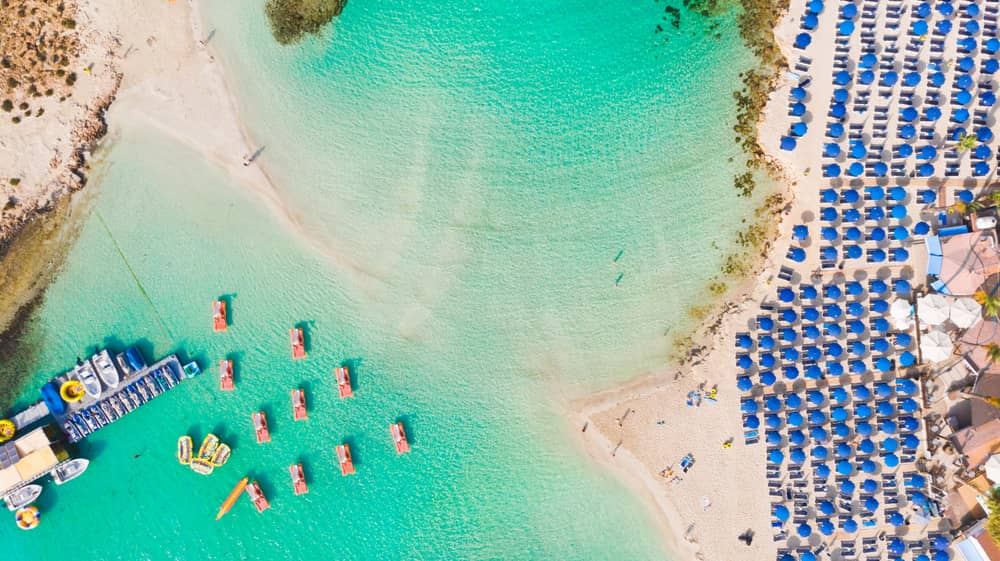
There are attractive properties to be found in locations all over the island, so where you’ll want to buy will depend very much on what kind of lifestyle you want.
For example, do you crave city culture alongside a sea front? Perhaps Larnaca is the place for you. Or do you just want to be close to Cyprus’ best beaches? Famagusta might be more what you’re looking for.
Here is an overview of some of the more popular locations with British expats, so you can get a feel for life on the island:
The steps to purchase property are fairly similar to those in the UK, but with a few differences. We’ve outlined the key steps below:
There are some things to look out for during the property buying process and actions to take to help you avoid pitfalls.
If you need a mortgage to help you buy a property in Cyprus, there are many banks willing to finance your home purchase, f.e. Cypriot in Cyprus. By law, the minimum down payment is 20 percent of the value of the property. However, as a foreigner, the local banks can ask you to cover 40-50% as down payment. Also, you’ll most likely face higher interest rates of around 6 - 7.5% per year, opposed to around 3 - 5% that’s offered to locals.¹⁰
When you’re ready to apply, you should expect to have to prove you’re a low-risk borrower. Be prepared to show your passport as proof of ID. You’ll also need to provide proof of income in the form of recent payslips, personal bank statements or audited accounts if you’re self-employed. You’ll also need proof of any other savings including shares, bonds and pension funds, for instance. The lender will then need to obtain a property valuation report.¹⁰
Your mortgage application can be approved when the lender finds everything is in order with your finances and the property in question. Once approved, you’ll let your lender know the completion date for the funds to be released.
To budget accurately for your purchase, keep these additional fees in mind:¹¹
| Fees and taxes in Cyprus | Rate |
|---|---|
| Transfer fees | 3-8% |
| Stamp duty | 0.15% to 0.20% based on property’s price |
| Legal fee | 0.10-1% |
| VAT | 19% |
The estate agent fees are handled by the vendor, so you shouldn’t normally need to pay these.
Now you’re equipped with the information you need to start looking for that perfect place in sunny Cyprus. So that the process is as smooth and stress-free as possible, make sure to seek out help from independent lawyers to help you carry out thorough checks on your property. Best of luck with your search!
And, if you’re looking for ways to manage your finances in multiple countries, check out the Wise account. You can send and hold money in 50 currencies, and spend in 175 countries around the world using the Wise card.
Please see the Terms of Use for your region or visit Wise fees & pricing for the most up-to-date information on pricing and fees.
Sources used:
Sources last checked on date: 27-Mar-2023
*Please see terms of use and product availability for your region or visit Wise fees and pricing for the most up to date pricing and fee information.
This publication is provided for general information purposes and does not constitute legal, tax or other professional advice from Wise Payments Limited or its subsidiaries and its affiliates, and it is not intended as a substitute for obtaining advice from a financial advisor or any other professional.
We make no representations, warranties or guarantees, whether expressed or implied, that the content in the publication is accurate, complete or up to date.
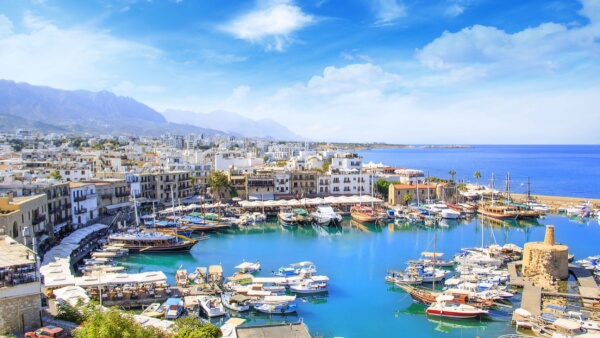
Discover everything you need to know about inheritance tax in Cyprus, including whether it exists in the country and other related taxes.
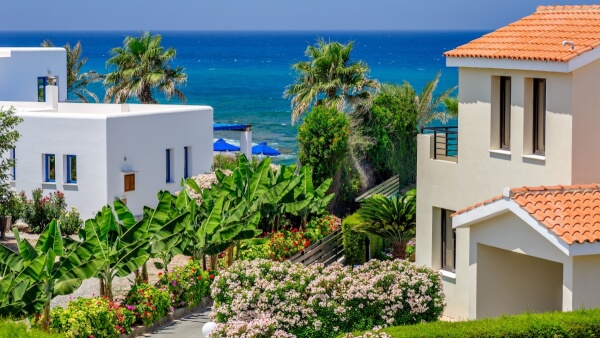
Read our comprehensive guide to selling property in Cyprus, including fees, taxes, timescales and a step-by-step guide to the process.
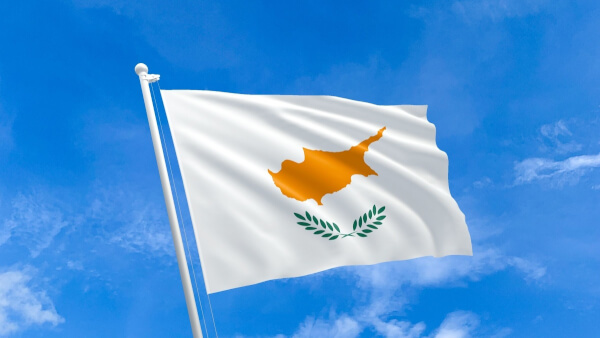
Everything you need to know about moving to Cyprus from the UK. Read about visas, popular expat destinations, healthcare and more.

A list of the top banks in Cyprus, including Bank of Cyprus, Hellenic Bank, Alpha Bank, AstroBank and Eurobank Cyprus.
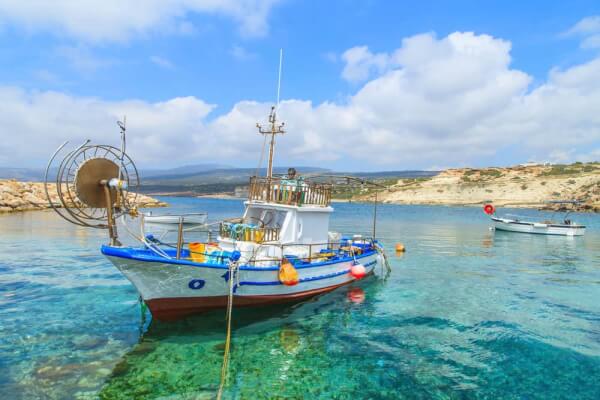
Everything you need to know about retiring to Cyprus from the UK, including visas, post-Brexit rules and more.
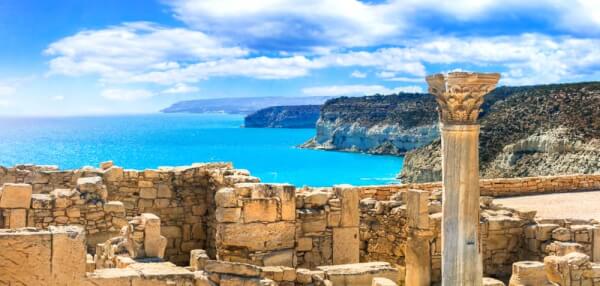
Cost of living in Cyprus varies from region to region. This guide outlines what you can expect in terms of living costs.